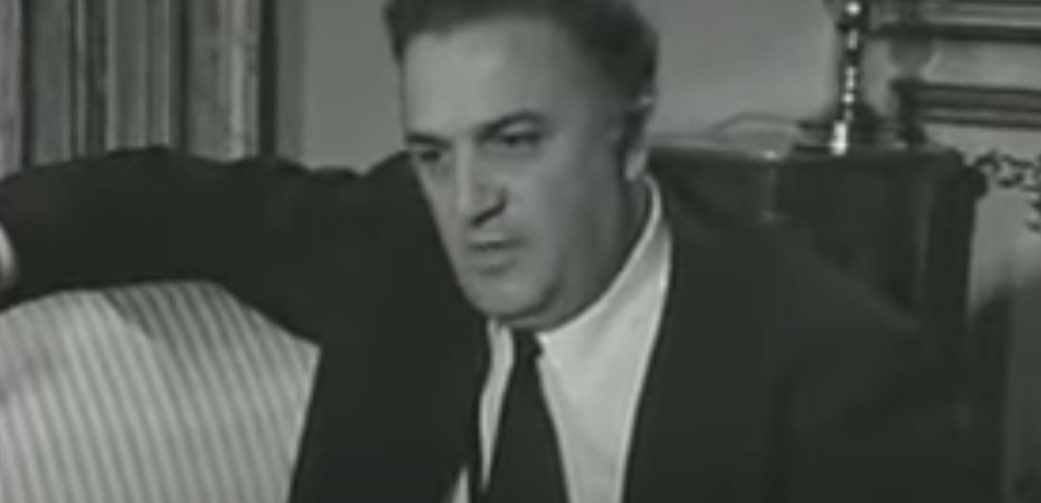There are few filmmakers as iconic and renowned as Federico Fellini. This Italian auteur was a master of surrealism and fantasy, creating some of the most visually stunning and mind-bending movies ever made. Here, we will take a look at the ten greatest movies by Federico Fellini, from his early black-and-white classics to the more experimental later works. Along the way, we will also take a brief look at Fellini’s life and career. So sit back, relax, and join us on a journey through the world of one of cinema’s true masters!
Federico Fellini was born in Rimini, Italy, in 1920. He began his career as a cartoonist and journalist, but he soon turned to filmmaking. His early films, such as “The White Sheik” (1952) and “I Vitelloni” (1953), were light-hearted comedies that established Fellini’s trademark style of mixing fantasy and reality. However, it was with “La Strada” (1954) that Fellini truly began to find his voice as a filmmaker. This classic story of a young woman who is sold into servitude by her poor father won Fellini his first Oscar and remains one of his most beloved films.
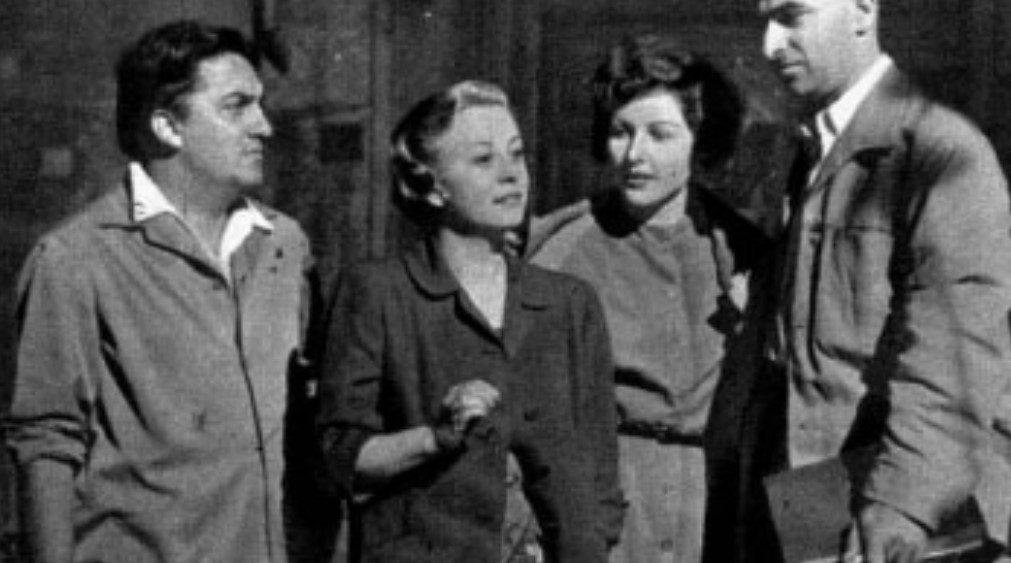
Top 10 Federico Fellini Movies
Fellini continued to experiment with his unique blend of surrealism and realism in films like “Nights of Cabiria” (1957), for which he won his second Oscar. In 1960, Fellini released what is arguably his most famous film, “La Dolce Vita”. This tale of the decadence and emptiness of Rome’s high society caused a sensation upon its release and is still considered one of the greatest films ever made.
The rest of Fellini’s career was equally illustrious, with films like “Amarcord” (1973), “City of Women” (1980), and “Intervista” (1987) cementing his reputation as one of the greatest filmmakers of all time. In 1993, Fellini was awarded an honorary Oscar for his lifetime achievement in film. He died two years later, but his films continue to amaze and inspire audiences all over the world.
Federico Fellini Received an honorary Oscar in 1993:
10. The White Sheik — 1952
Fellini’s second film was “The White Sheik” in 1952. The film is a comedy about a young woman who runs away from her wedding to elope with a famous Italian actor. The movie was not a critical success, but it did launch Fellini’s career. Lastly, it stars Alberto Sordi, Leopoldo Trieste Brunella Bovo and Giuletta Masina.
The White Sheik Trailer:
9. La Strada — 1954
“La Strada” is perhaps Fellini’s most famous film. It tells the story of a young woman who is sold to a cruel, abusive circus performer. The movie was a huge success, winning an Academy Award for Best Foreign Language Film. This movie was produced by Dino De Laurentiis and starred Giuletta Masina, Anthony Quinn, and Richard Basehart.
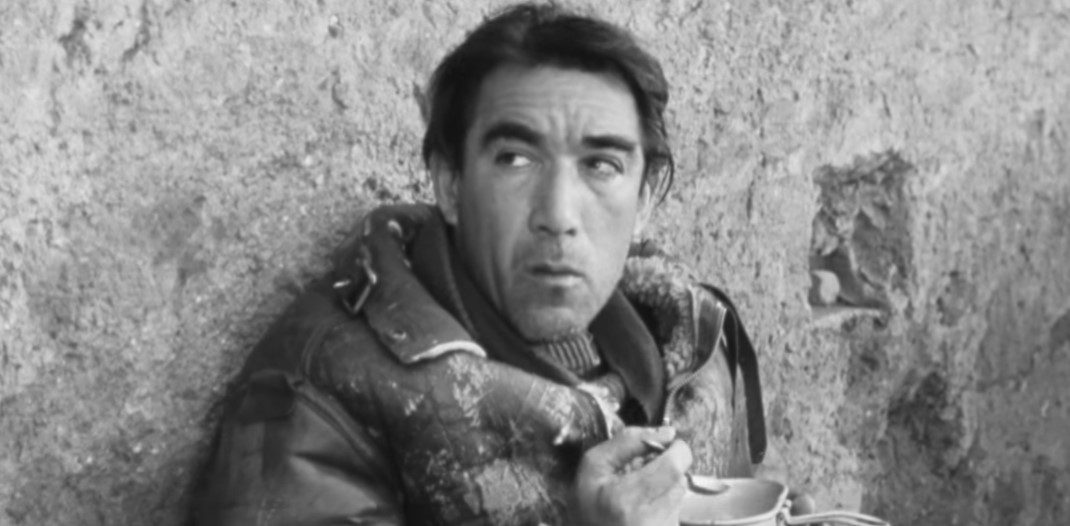
8. Nights of Cabiria — 1957
“Nights of Cabiria” is another classic from Fellini. The film follows a prostitute who is searching for love and happiness. The movie won Fellini his second Academy Award, this time for Best Foreign Language Film. This movie stars Giuletta Masina, François Périer, and Franca Marzi.
Nights of Cabiria Trailer:
7. La Dolce Vita — 1960
“La Dolce Vita” is a film that needs no introduction. It is one of the most notorious and controversial films ever made, and it cemented Fellini’s reputation as a master filmmaker. The film follows a day in the life of a journalist in Rome, and it is a scathing critique of the shallowness and decadence of the Italian bourgeoisie.
La Dolce Vita Trailer:
6. 8 1/2 — 1963
Marcello Mastroianni plays filmmaker Guido Anselmi a famed Italian film director. And is the focus of the story as he seeks to make an epic sci-fi picture. Also, Sandra Milo, Anouk Aimée, and Rossella Falk are some of the many women that play significant roles in Guido’s life in this film. Barbara Steele and Eddra Gale round out the cast. Cinematographer Gianni Di Venanzo shot the picture in black and white, with a soundtrack by Nino Rota and costumes and production design by Piero Gherardi.
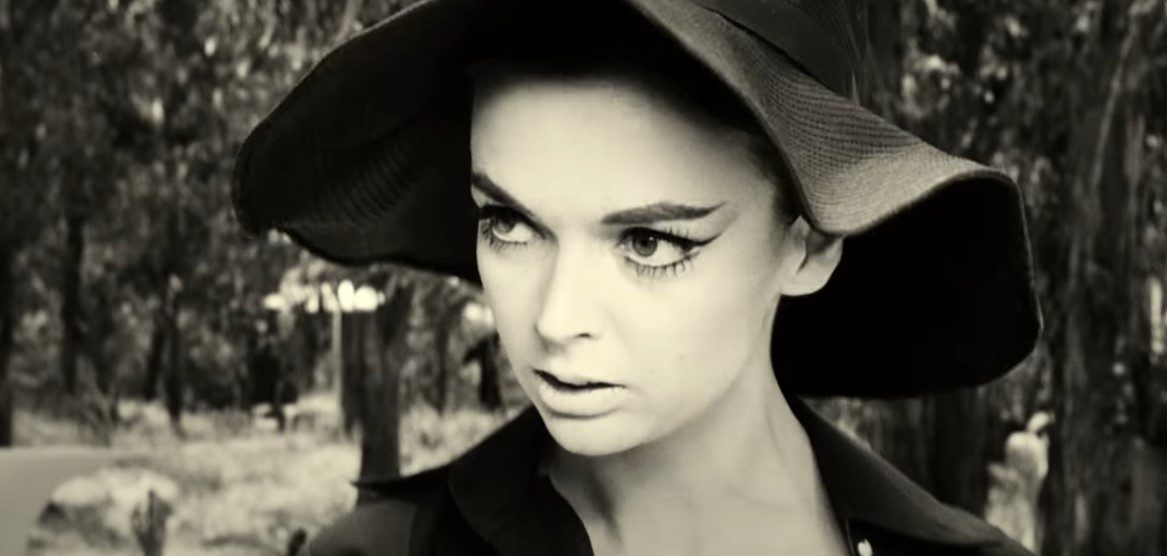
5. Amarcord — 1973
“Amarcord” is another of Fellini’s great films. It is a semi-autobiographical look at his childhood in the Italian town of Rimini. The film is filled with nostalgia and longing, and it is one of Fellini’s most personal works.
Amarcord Trailer:
4. The Voice of The Moon — 1990
“The Voice of the Moon” is perhaps Fellini’s most underrated film. It is a surreal and darkly comedic tale of a man who goes insane after hearing the voice of the moon. The movie was not a commercial success, but it is a fascinating look at Fellini’s unique vision. Lastly, it stars Roberto Benigni, Paolo Villaggio, Angelo Orlando, Nadia Ottaviani, Marisa Tomasi and Syusu Blady.
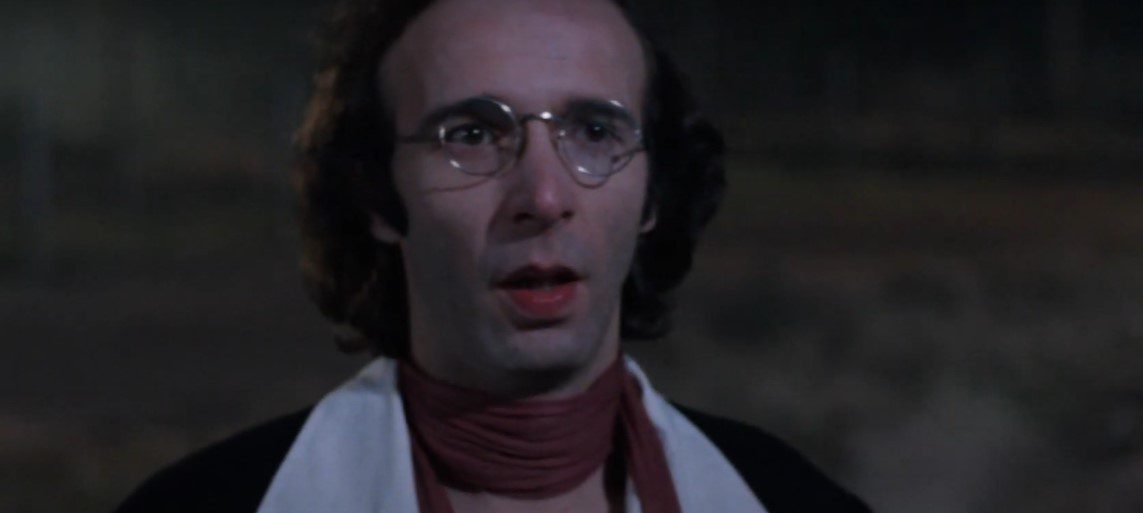
3. The Clowns — 1970
“The Clowns” is another of Fellini’s great films. It is a documentary about the world of clowns, and it is both funny and poignant. The movie was not a huge success, but it is an interesting look at Fellini’s unique style. Also, as a mockumentary, The Clowns stands out because it reflects Fellini’s increasing interest in how documentary films mirror “reality,” not to mention its distinctive peculiarities. Both Fellini: A Director’s Notebook and Intervista are semi-fictional documentary films that feature incorrect descriptions of Fellini’s own filmmaking process within the film plot.
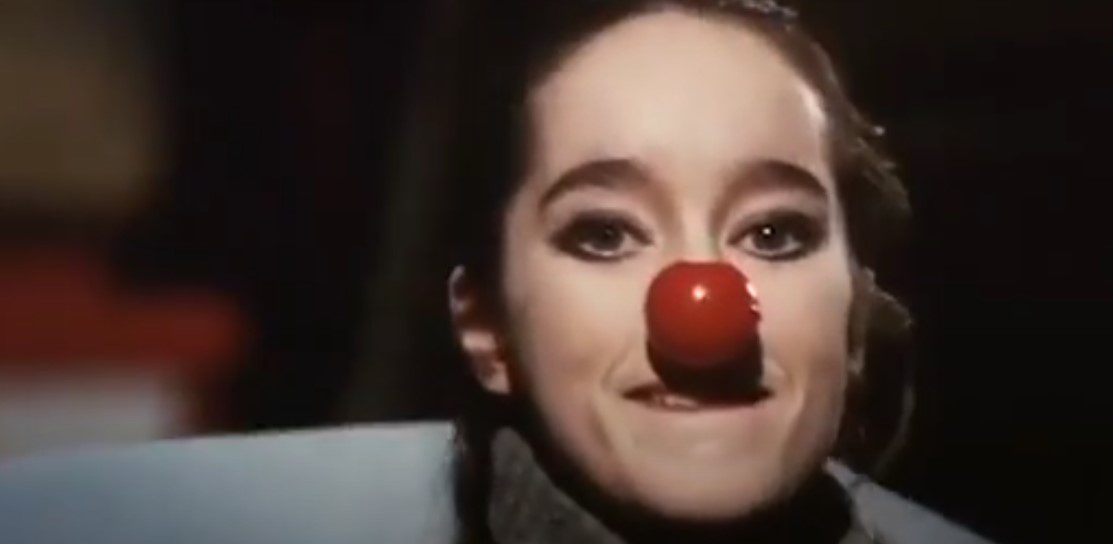
2. As The Ship Sails On — 1983
Federico Fellini directed and co-wrote this 1983 Italian film. The story takes place aboard a luxurious cruise ship full of friends and family of a recently departed opera diva who has arrived to pay their respects. The film was chosen to represent Italy at the 56th Academy Awards in the category of Best Foreign Language Film, but it was not recognized as a nominee.
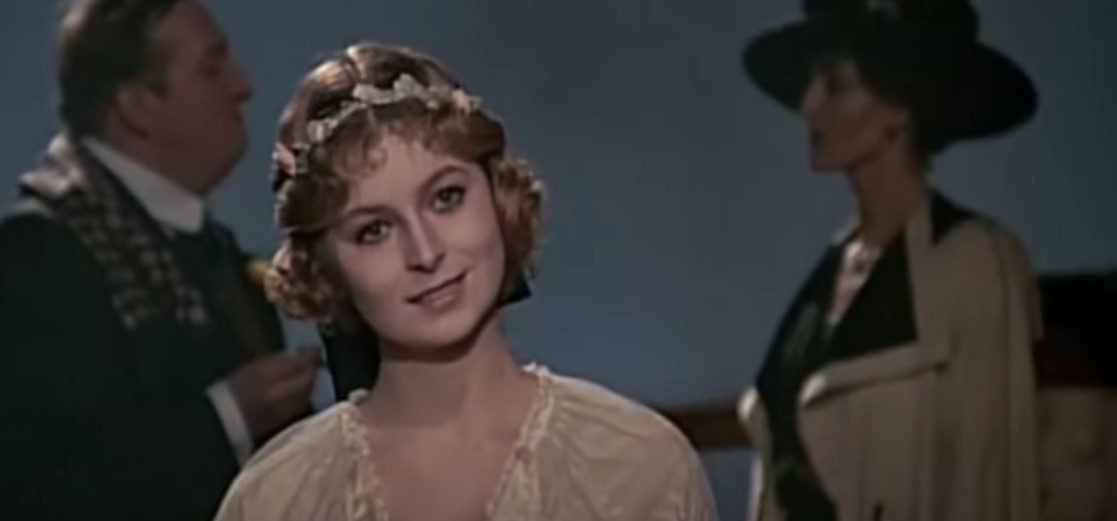
1. Intervista — 1987
Intervista is Fellini at his top! The plot goes about four films, a Japanese TV crew, a filmed autobiography, a movie that never happened, and the movie itself. It sounds confusing, but you will love it if you watch it. So let’s break it down for you!
First Movie!
A Japanese television crew is interviewing Fellini for a report on his current picture at Cinecittà, and he takes the spectator in behind the scenes. Fellini’s “the prisoner’s dream” sequence, in which his hands frantically search for an exit from a dark tunnel, takes place at night on a specially constructed set. He’s getting older and heavier, so he can’t just fly away, but whenever he does, he looks out over the city of Cinecittà from a great distance.
Fellini takes the Japanese TV crew on a quick tour of the facilities the following morning. Fellini’s recruitment manager shows him the four cast members she’s chosen to portray Karl Rossmann, the leading part in the Maestro’s film rendition of Franz Kafka’s Amerika. They walk by ridiculous TV ads in development.
Second Movie!
It is revealed that Nadia Ottaviani, the female caretaker of Cinecittà, evades the interview by fleeing onto the studio lot of Studio 5 to collect dandelions for herbal tea. The Casa del Passeggero, a once-cheap motel that is now a drugstore, is where Fellini’s acting director (Maurizio Mein) is on location. Fascist-era journalist Fellini wanted to incorporate it in his film on his first visit to Cinecittà in 1938 when he was a foreign correspondent.
Fellini’s younger self, Sergio Rubini, is played by an aspiring actor in the film. Fake tramways transport young Fellini/Rubini from the American West with Indian warriors atop a cliff to a pack of wild elephants off the coastline of Ethiopia after the crew reconstructs the facade of the Casa del Passeggero in Rome. Greta Gonda, the Italian matinee idol, greets him at Cinecittà.
Third Movie!
Two feature films directed by authoritarian directors are seamlessly integrated into the viewer’s experience. A brief respite from their hectic pre-production work: Fellini and his associate director (Maurizio Mein) hustle to find a cast and build sets for a film adaptation of Amerika, which he exploits as a pretext to shoot his own picture.
Fourth Movie
In this way, Fellini and Rubini can travel back in time to experience filmmaking firsthand, including actors who ended up failing their auditions, Marcello Mastroianni in a Television ad as Mandrake the Magician, a bomb scare, a visit to Anita Ekberg’s house where she and Mastroianni re-live their La Dolce Vita sequences, screen exams of Kafka’s Brunelda stroked in a hot tub by two young men, and an uncomfortable thunderstorm that foretells the development collapse of Amerika. Intervista finishes with Fellini’s narration, “So the film should end here. Thank you for watching.” “In fact, it’s done.” The Maestro responds to producers who are displeased with his dark endings by activating an arc lamp.
Intervista Trailer:
Federico Fellini was a great Italian filmmaker whose distinctive style of fantastic baroque topics combined with his gallantry captivated generations of movie fans. And it also inspired legends of filmmakers like Martin Scorsese, Tim Burton, Emir Kusturica, Terry Gilliam, and David Lynch. With this, we arrive at the end of this article. Thanks for reading our countdown. If you like it, please share it with your friends. See you next time.

